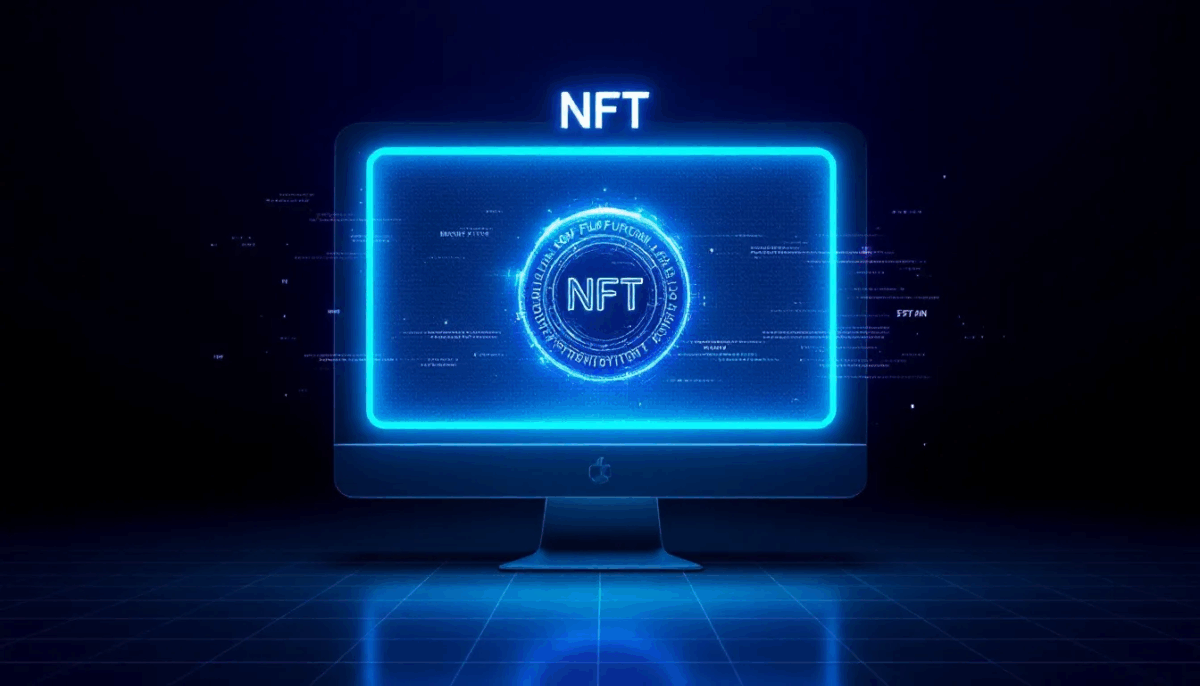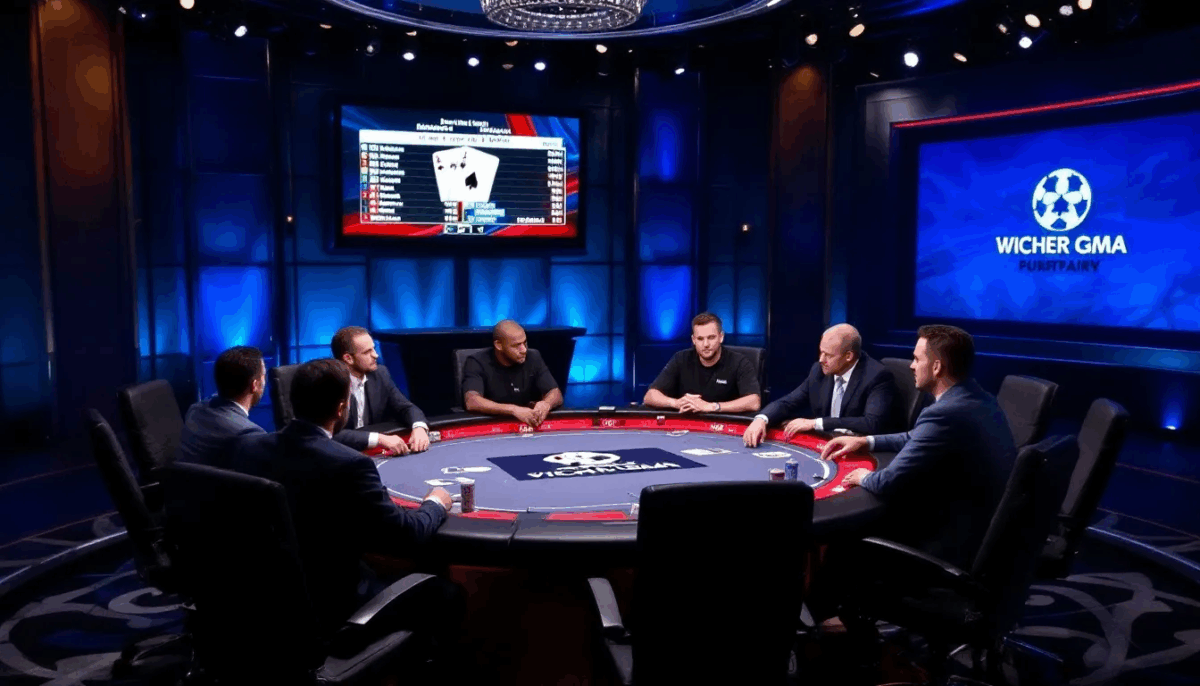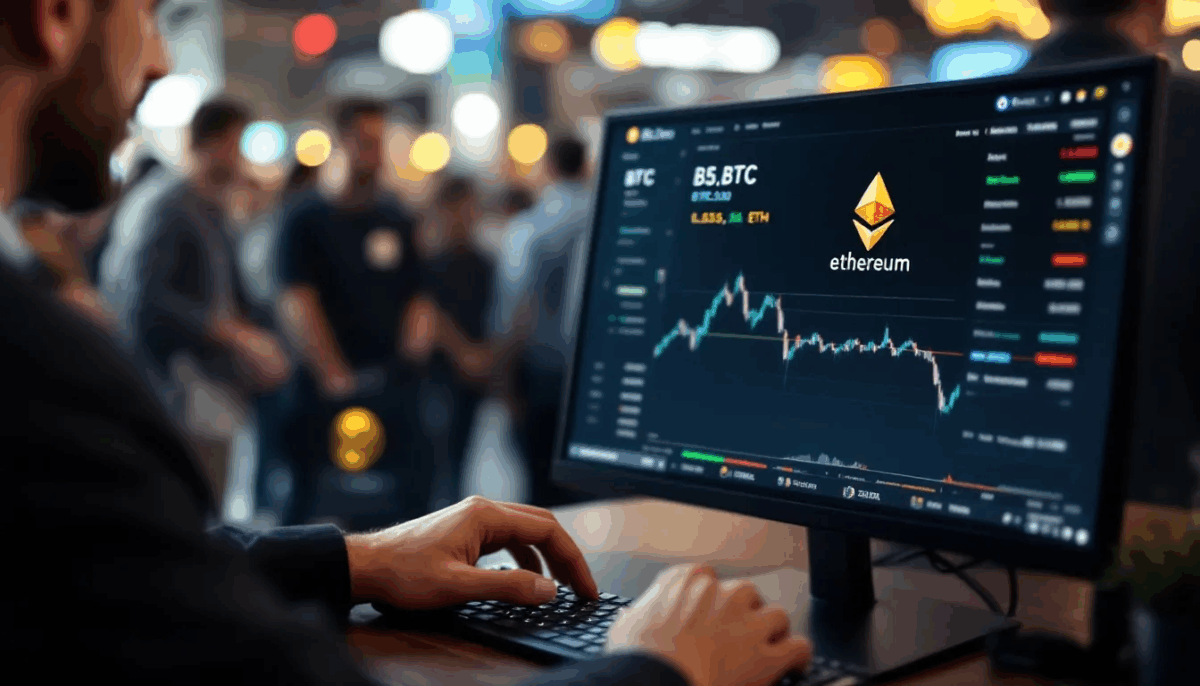Choosing the right non-fungible token (NFT) marketplace is crucial for buyers and sellers. This guide explores the best NFT marketplaces for 2025, highlighting their features and what to expect.
Key Takeaways
- NFT marketplaces connect buyers and sellers securely through blockchain technology, primarily using smart contracts for efficient and transparent transactions.
- Top NFT platforms for 2025 include OpenSea for variety, Rarible for community governance, Magic Eden for gaming NFTs, Nifty Gateway for exclusive art, and Binance NFT for low fees.
- Key factors to consider when choosing an NFT marketplace include user experience, transaction fees, blockchain compatibility, security features, and transaction speed.
Top NFT Marketplaces for 2025
| Marketplace | Best For | Blockchain Support | Transaction Fees | Payment Options | Notable Features |
|---|---|---|---|---|---|
| OpenSea | Versatility and volume | Ethereum, Solana, Polygon, Arbitrum | 2.5% (platform fee, excl. gas) | ETH, USDC, SOL | Massive asset variety, gas-free minting, strong community |
| Rarible | Community governance | Ethereum, Tezos, Flow, Polygon | 1-2.5% depending on transaction type | ETH, WETH, DAI, RARI, ATRI | DAO governance, multi-chain, creators earn royalties |
| Magic Eden | Gaming NFTs and Bitcoin Ordinals | Solana, Ethereum, Bitcoin | ~2% listing fee (varies) | SOL, ETH, BTC | Gaming focus, fast UX, supports Ordinals |
| Nifty Gateway | Exclusive crypto art & drops | Ethereum (custodial) | 5% + $0.30 on secondary sales | ETH, credit/debit card | High-end drops, fiat onboarding, curated collections |
| Binance NFT | Low fees and fast transactions | BNB Smart Chain, Ethereum, Polygon | 1% fee | BNB, ETH, BUSD | Seamless Binance integration, lower gas costs, broad audience |
Exploring the top NFT marketplaces for 2025 reveals a variety of platforms catering to different needs and preferences, including multiple nfts and nft sites. Each marketplace, from well-established giants to innovative newcomers, offers unique features that stand out in the crowded NFT space.
Here are leading platforms and what makes them the best NFT marketplaces for your needs on an online platforms nft platform.
OpenSea
OpenSea remains the largest and most versatile NFT marketplace, offering a vast array of digital assets. Recognized as the first and largest in the industry, OpenSea has set the standard for NFT platforms. It primarily operates on the Ethereum blockchain but also supports USD Coin ($USDC) and Solana ($SOL), making it accessible to a broader audience.
Users can mint NFTs with gas-free options, making the process more affordable and user-friendly. OpenSea charges a platform fee of 2.5% on transactions, excluding gas fees, which is competitive in the market. Whether you’re a beginner or a seasoned trader, getting started on OpenSea is straightforward and quick.
From virtual worlds to sports collectibles, OpenSea offers a diverse range of NFT categories, catering to collectors and digital artists alike. Its vast user base and robust features make it a top choice for many in the NFT space.
Rarible
Rarible stands out as a community-driven NFT marketplace that supports multiple blockchains, allowing users to create, buy, and sell NFTs with ease. What makes Rarible unique is its governance model, where users can participate in the platform’s decisions through the RARI token. This level of community involvement fosters a sense of ownership and engagement among its users.
The platform accepts various payment methods, including $ETH, $WETH, $DAI, $RARI, and $ATRI, making it accessible to a wide range of users. This flexibility in payment options enhances the user experience, allowing more people to participate in the platform rewards NFT market.
Although primarily based on Ethereum, Rarible’s multi-chain support enhances user flexibility. Whether you’re into digital art, virtual real estate, or trading cards, Rarible provides a comprehensive platform for all your NFT needs.
Magic Eden
Magic Eden has carved a niche for itself in the digital realm, initially focusing on the Solana ecosystem. Over time, it has expanded to support Bitcoin Ordinals, broadening its appeal and user base. This expansion allows Magic Eden to cater to a more diverse audience, enhancing its value in the NFT market.
Known for its strong presence in gaming NFTs, Magic Eden attracts creators and collectors from the gaming community, including those interested in degenerate ape academy. Whether you’re interested in gaming items or video clips, this platform offers a rich and varied experience in the digital world.
Nifty Gateway
Nifty Gateway is renowned as a high-end marketplace for CryptoArt, offering ultra-exclusive works and hosting exclusive branded drops from well-known artists and brands. This platform stands out for its ability to attract top artists and collectors, making it a prestigious place to buy and sell NFTs.
The platform supports credit card payments alongside $ETH and debit card transactions, making it convenient for users to make purchases. Nifty Gateway charges a 5% transaction fee plus 30 cents for secondary sales, which is competitive given the exclusivity and security it offers, especially with its low fees and transparent fee structure.
With a variety of auction styles, including Buy It Now, Timed auctions, and Silent auctions, Nifty Gateway provides flexibility and excitement for both buyers and sellers. Its robust security and user-friendly interface make it a top choice for serious collectors and creators, especially when items are sold.
Binance NFT
Binance NFT is recognized for its low transaction fees, making it an attractive option for traders. The platform offers a diverse selection of NFTs, catering to various interests and preferences. Whether you’re into digital art, music NFTs, or collectibles, Binance NFT has something for everyone.
One of the standout features of Binance NFT is its seamless integration with Binance accounts, simplifying the trading process for existing users. This integration enhances user experience and makes it easier for traders to manage their digital assets.
With its focus on offering a marketplace for digital assets and collectibles, Binance NFT continues to be a preferred platform for many in the NFT space.
How NFT Marketplaces Operate

NFT marketplaces are the bustling hubs where digital assets find their owners. These platforms connect buyers and sellers, securing digital collectibles on the blockchain. When you buy an NFT, you are purchasing a unique token that represents ownership of a digital item, whether it’s art, music, or even virtual real estate. This vibrant environment attracts many nft collectors, especially those interested in listing nfts and those who want to own nfts.
Smart contracts play a crucial role in these transactions. These self-executing contracts automatically transfer funds between buyers and sellers once the transaction conditions are met, ensuring a smooth and secure process. The transparency and security provided by smart contracts are what make the NFT marketplace work efficiently and safely.
Most NFT marketplaces are built on the Ethereum blockchain, which is known for its robust infrastructure and widespread adoption. However, as the NFT space grows, we’re seeing more platforms supporting multiple blockchains to enhance user experience and accessibility in the ethereum based nft marketplace.
Evaluating NFT Marketplaces
Selecting the right NFT marketplace can be daunting, but understanding key factors can help. User experience is paramount; a smooth, intuitive interface can make buying and selling NFTs much easier. Low transaction fees are also crucial, as platforms like Binance NFT offer, reducing the cost of trading NFTs.
Blockchain compatibility is another important consideration. Platforms that supports solana multiple blockchains, such as Ethereum, Solana, and Polygon, offer greater accessibility and lower transaction costs. Security features, including two-factor authentication and encryption, are essential to protect user identities and assets. Additionally, the integration of blockchain technology can enhance these platforms further.
Additionally, the speed of transactions affects the overall experience. Faster platforms ensure a smoother process, making it easier to trade non-fungible tokens efficiently. By considering these factors, you can choose the best NFT platforms for your needs.
Benefits of Using NFT Marketplaces
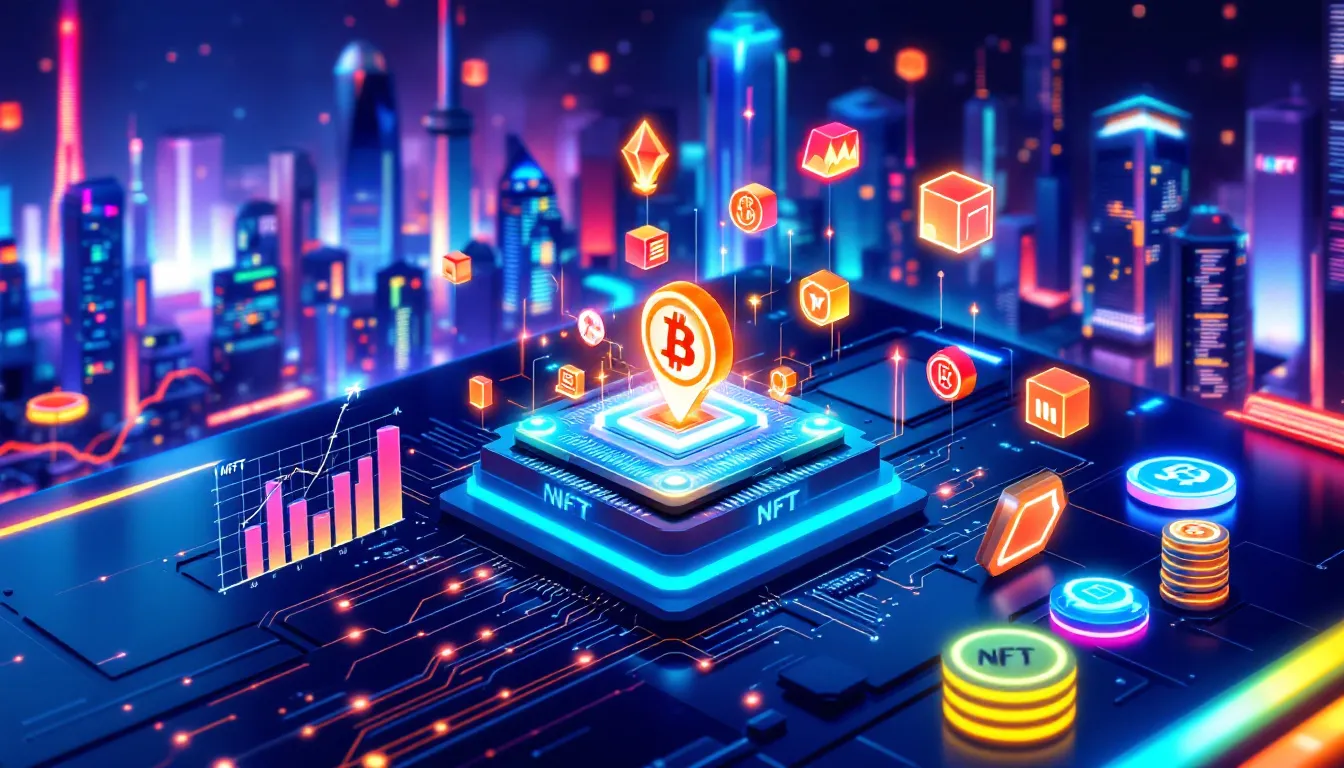
NFT marketplaces provide numerous benefits for nft artists and buyers alike. These platforms allow creators to mint unique digital items, list them for sale, bypass traditional licensing hurdles, and retain control over their work. This autonomy allows artists to set their own terms and reach a global audience.
Marketplaces facilitate stronger connections between creators and their audience by offering exclusive content and experiences tied to NFT ownership. This engagement fosters community building and enhances the value of the digital assets. Transparent royalty structures also ensure that creators are fairly compensated on secondary sales, enhancing trust and financial sustainability.
NFT marketplaces offer buyers a secure and transparent method for purchasing digital assets. Ownership transfers occur directly between the buyer and seller, eliminating the need for intermediaries and ensuring a smooth transaction process.
How to Buy NFTs on NFT Marketplaces
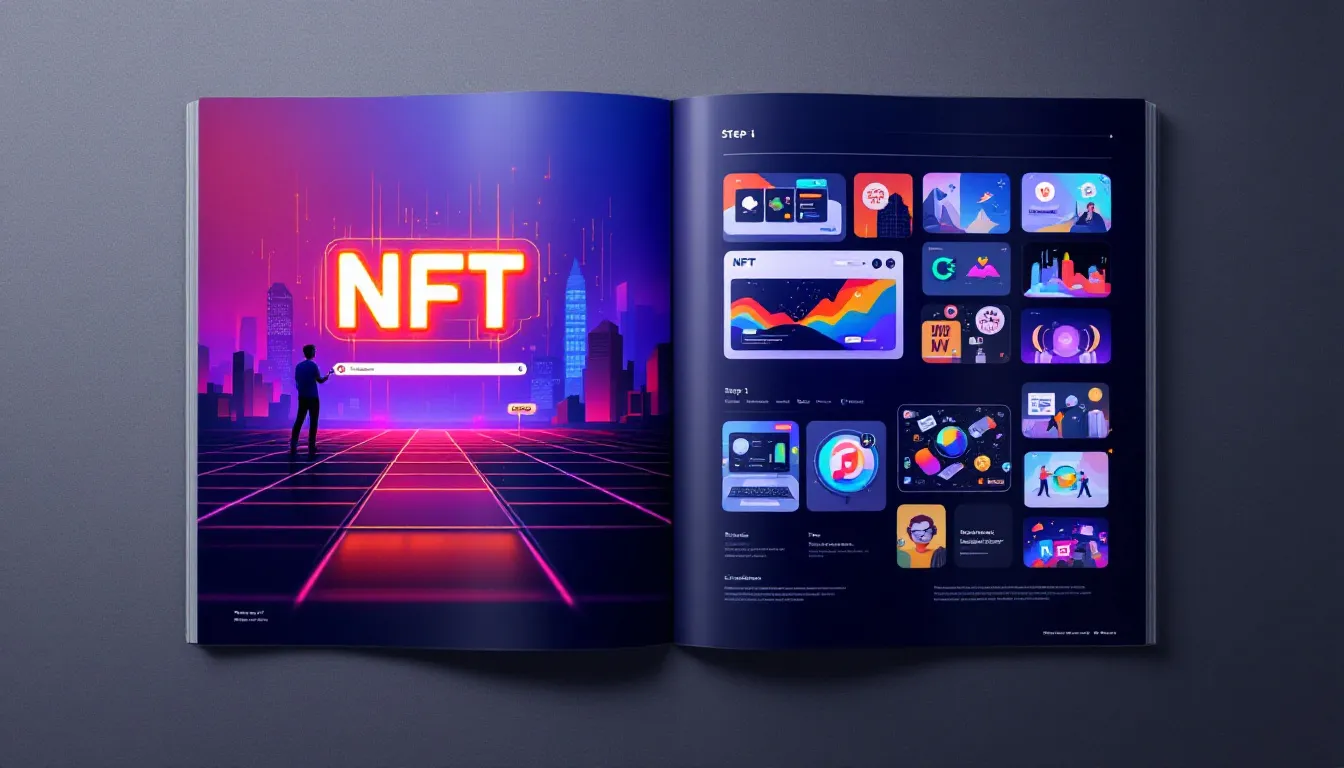
Buying NFTs involves a few straightforward steps. First, you need a crypto wallet, such as MetaMask, Phantom, or Trust Wallet, to store both your NFTs and cryptocurrencies. These wallets are essential for managing your digital assets and to create nfts and complete transactions.
Most NFTs are bought using Ethereum, which you can purchase from exchanges like Coinbase or Binance before making a purchase. With $ETH in your wallet, browse the marketplace, select the NFT you want to buy, and complete the transaction. Be mindful of gas fees, which are additional costs associated with Ethereum transactions.
After agreeing to the transaction in your wallet, the NFT will be transferred to your wallet, and you’ll officially own the digital asset. This process ensures a secure and transparent transaction, making it easy to buy, sell, and trade NFTs.
Conclusion
As we’ve explored, the NFT marketplaces of 2025 offer a diverse and dynamic environment for buying, selling, and trading digital assets. From the vast offerings of OpenSea to the community-driven Rarible, each platform provides unique features and benefits. Evaluating these platforms based on user experience, transaction fees, and security can help you find the right marketplace for your needs.
The benefits of using NFT marketplaces are clear, providing creators with new ways to monetize their work and buyers with secure and transparent transactions. As the NFT space continues to evolve, staying informed about the best NFT platforms will ensure you can navigate this exciting digital world with confidence.
Frequently Asked Questions
How do NFT marketplaces work?
NFT marketplaces facilitate the buying and selling of digital collectibles by using blockchain technology and smart contracts to ensure secure transactions. This creates a trustworthy environment for both buyers and sellers.
What are the top NFT marketplaces for 2025?
The leading NFT marketplaces for 2025 are expected to be OpenSea, Rarible, Magic Eden, Nifty Gateway, and Binance NFT. These platforms are poised to dominate the market and cater to diverse user needs.
How do I buy NFTs?
To buy NFTs, you’ll need a crypto wallet to hold your assets, purchase Ethereum, explore an NFT marketplace, and complete the transaction while considering gas fees.
What are the benefits of using NFT marketplaces?
Using NFT marketplaces offers creators a platform to mint and sell unique digital items while ensuring transparent royalty structures, enabling fair compensation and audience engagement.
What factors should I consider when choosing an NFT marketplace?
When choosing an NFT marketplace, prioritize user experience, transaction fees, blockchain compatibility, security features, and transaction speed to ensure a seamless and secure trading experience.
